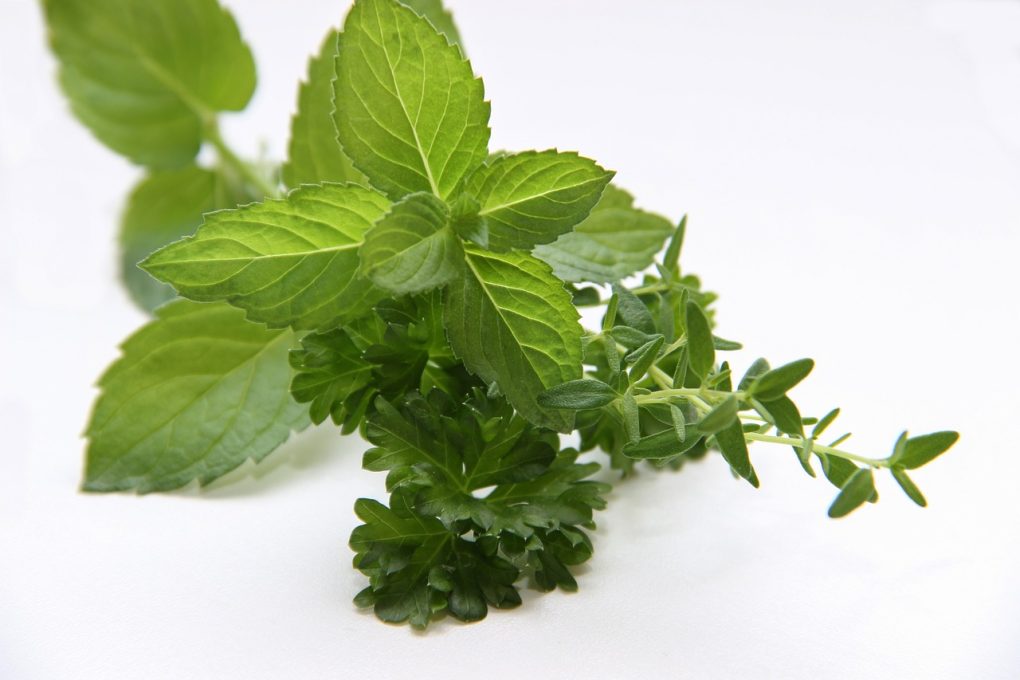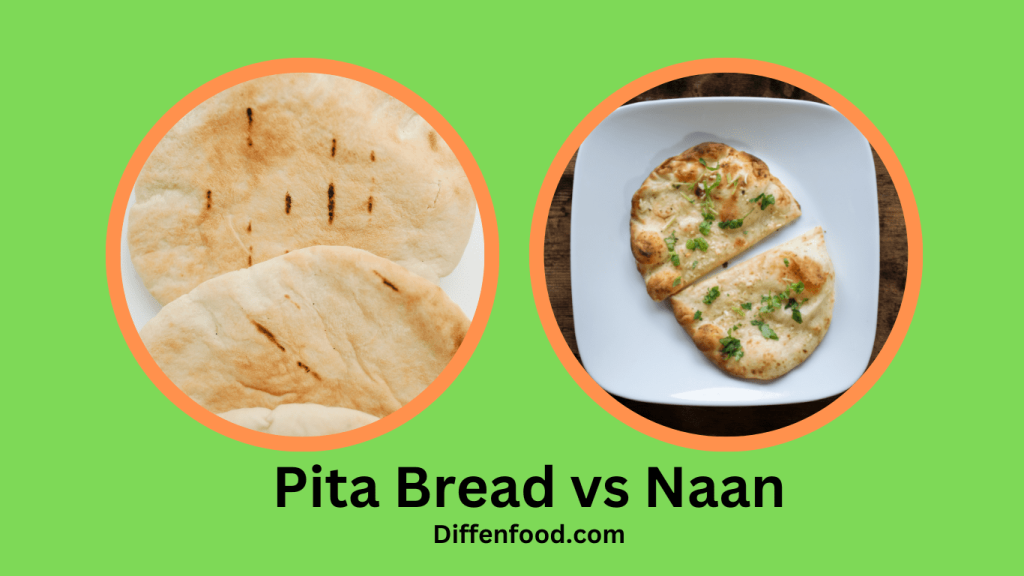
In today’s health-conscious world, it is important to understand the benefits and drawbacks of different cooking oils. Canola oil and vegetable oil are two popular options that are often used interchangeably in recipes, but are they the same? In this article, we will explore the differences between canola oil and vegetable oil and determine which one is healthier.
What is Canola Oil?
Canola oil is extracted from the rapeseed plant, which is a member of the mustard family. It is a light yellow, odorless oil that is a popular choice for cooking, baking, and even deep-frying. It is a rich source of monounsaturated fats, which are beneficial for your heart health. Canola oil also contains alpha-linolenic acid, an omega-3 fatty acid that has anti-inflammatory properties.
What is Vegetable Oil?
Vegetable oil is a generic term that is most often used to refer to soybean oil. It is a light yellow oil that has a neutral taste and odor. Like canola oil, it is a popular choice for cooking, baking, and deep-frying. It is composed of mostly polyunsaturated fats and is a good source of linoleic acid, an omega-6 fatty acid.
Health Benefits of Canola Oil
Canola oil is rich in monounsaturated fats, which can help reduce bad cholesterol levels, improve heart health, and reduce the risk of heart disease. It is also a source of omega-3 fatty acids, which can reduce inflammation and improve brain health. Additionally, canola oil is low in saturated fats and does not contain trans fats, which are known to be unhealthy.
Health Benefits of Vegetable Oil
Vegetable oil is a good source of polyunsaturated fats, which can help reduce bad cholesterol levels and improve heart health. It is also a source of linoleic acid, an omega-6 fatty acid that can reduce inflammation and improve brain health. Additionally, vegetable oil does not contain trans fats, which are known to be unhealthy.
Drawbacks of Canola Oil
Canola oil is high in omega-6 fatty acids, which can cause inflammation if consumed in large amounts. Additionally, because it is a refined oil, it can contain trace amounts of pesticides and chemicals from the processing process.
Drawbacks of Vegetable Oil
Vegetable oil is high in polyunsaturated fats, which can be unstable when heated and lead to the formation of harmful compounds. Additionally, because it is a refined oil, it can contain trace amounts of pesticides and chemicals from the processing process.
Canola Oil vs Vegetable Oil: Which is Healthier?
When it comes to canola oil vs vegetable oil, both have their own pros and cons. Canola oil is a good source of monounsaturated fats and omega-3 fatty acids, while vegetable oil is a good source of polyunsaturated fats and linoleic acid. However, both can contain trace amounts of pesticides and chemicals from the processing process. Ultimately, the best choice for you will depend on your individual health needs and dietary preferences.
Conclusion
In conclusion, canola oil and vegetable oil both have their own health benefits and drawbacks. Canola oil is a good source of monounsaturated fats and omega-3 fatty acids, while vegetable oil is a source of polyunsaturated fats and linoleic acid. However, both can contain trace amounts of pesticides and chemicals from the processing process. Ultimately, the best choice for you will depend on your individual health needs and dietary preferences.
If you’re looking for a healthy cooking oil, it is important to do your research and understand the differences between canola oil and vegetable oil. Both can provide health benefits, but it’s important to be aware of the potential drawbacks of each.





